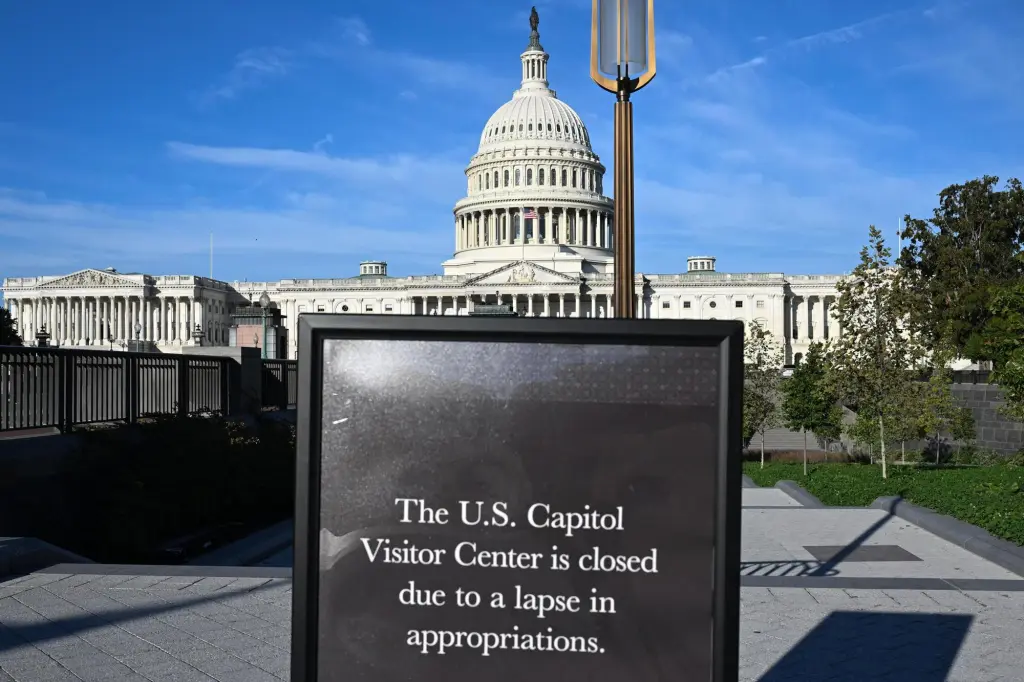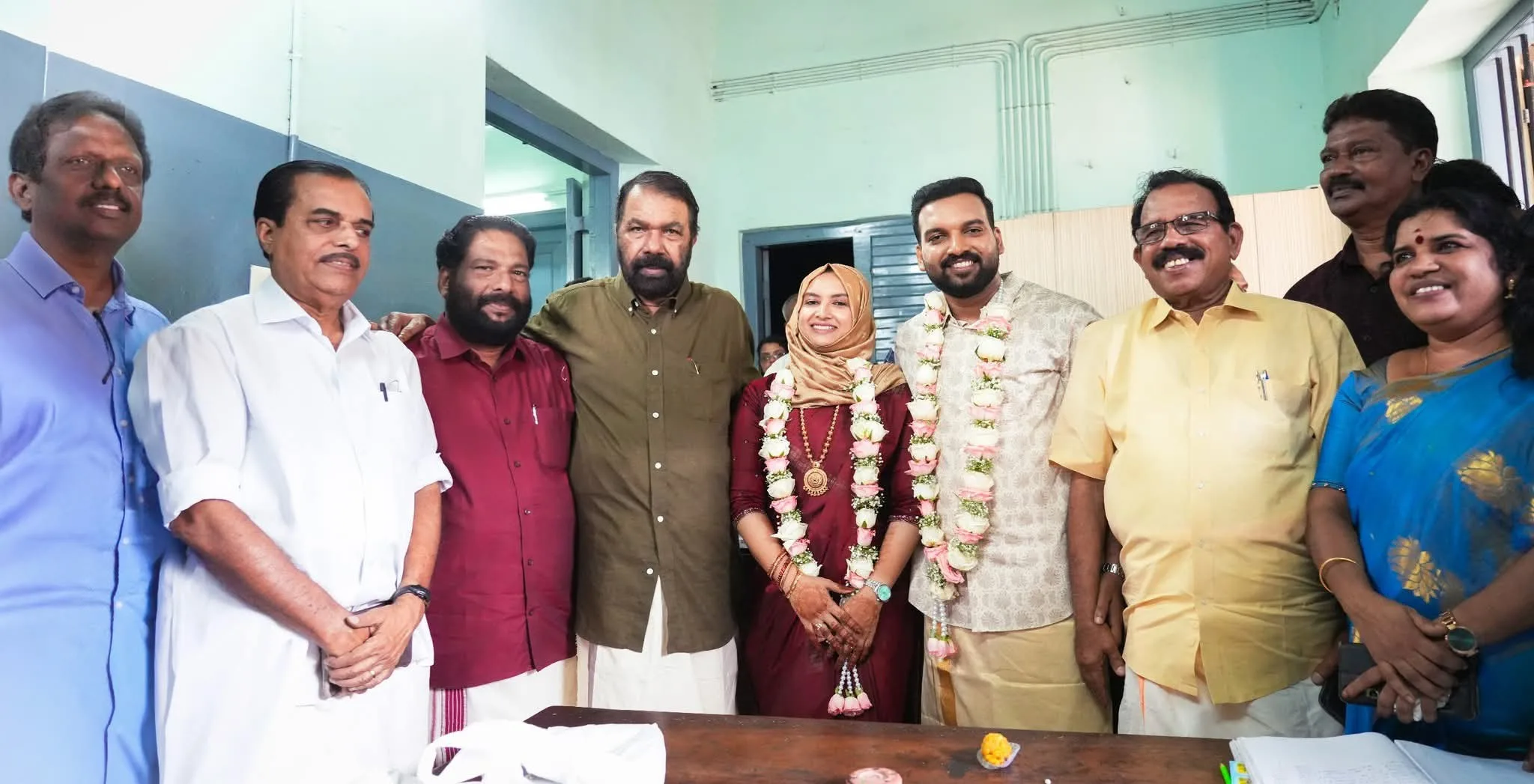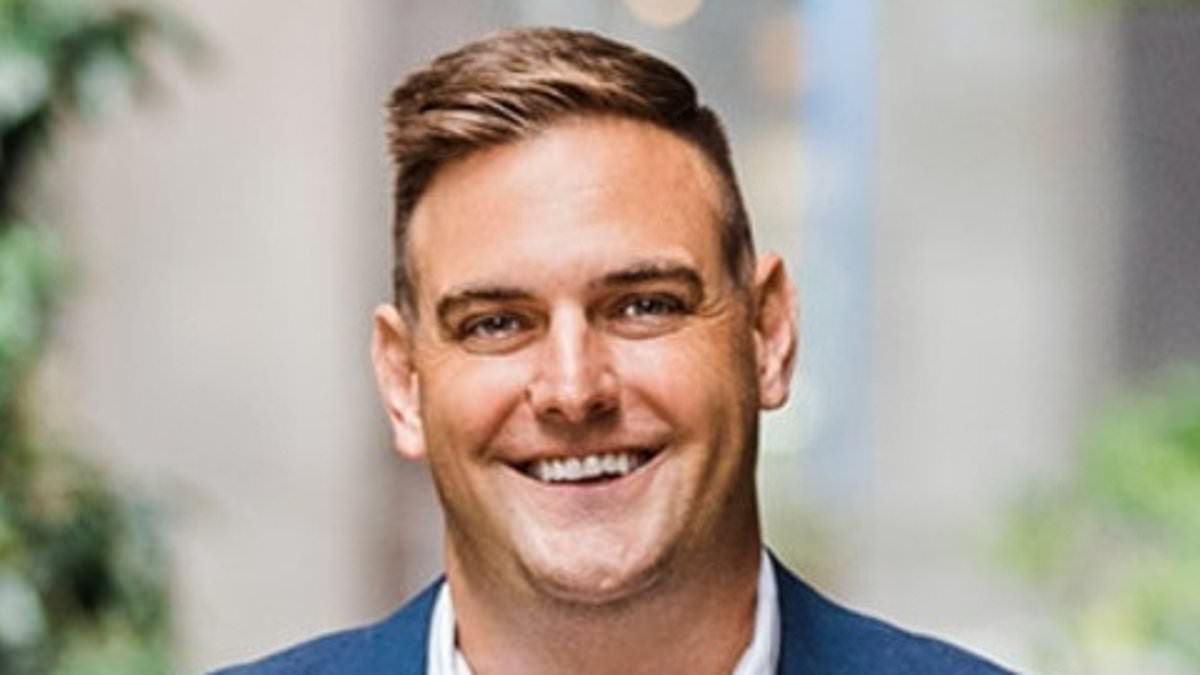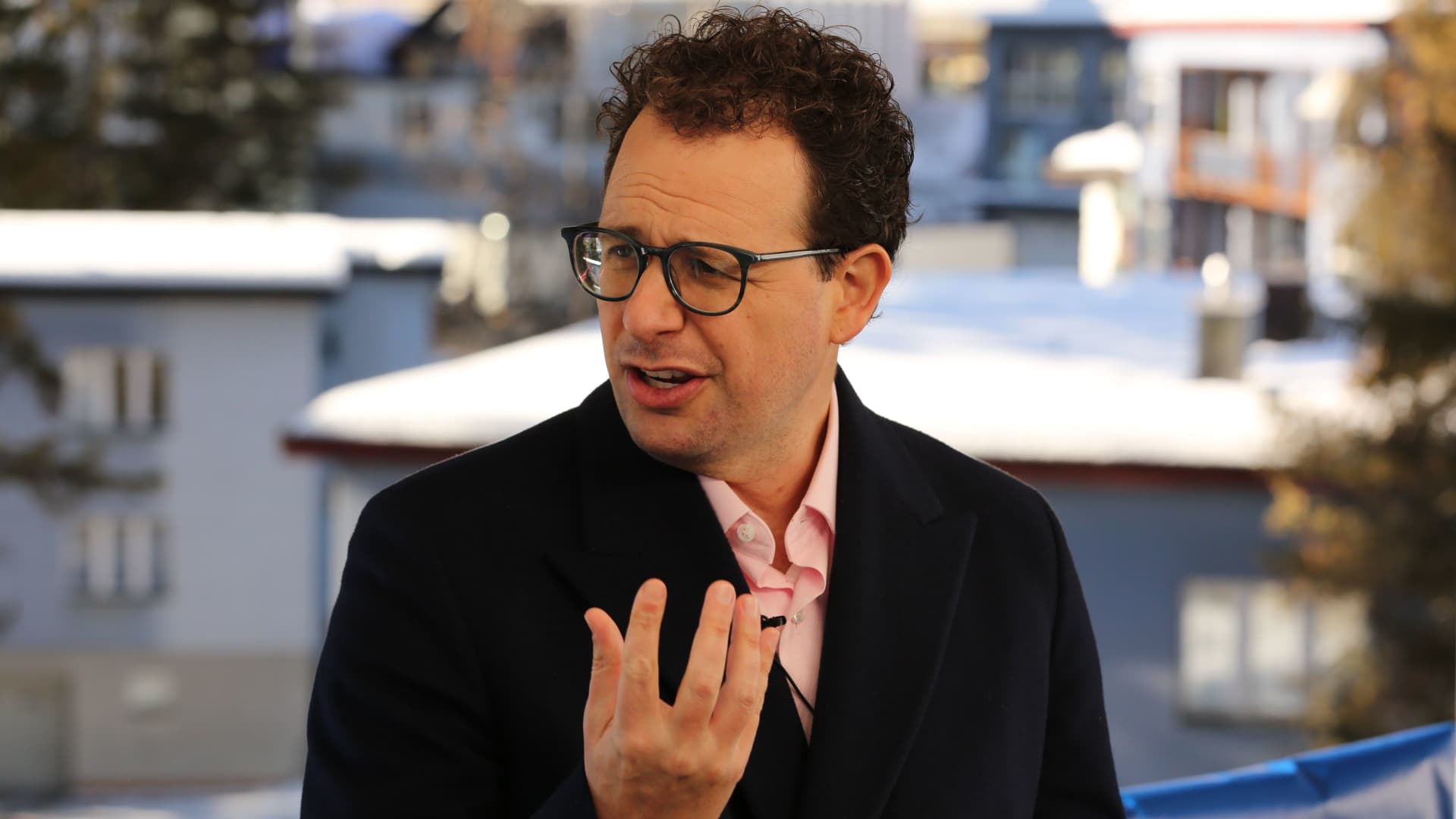Copyright scmp
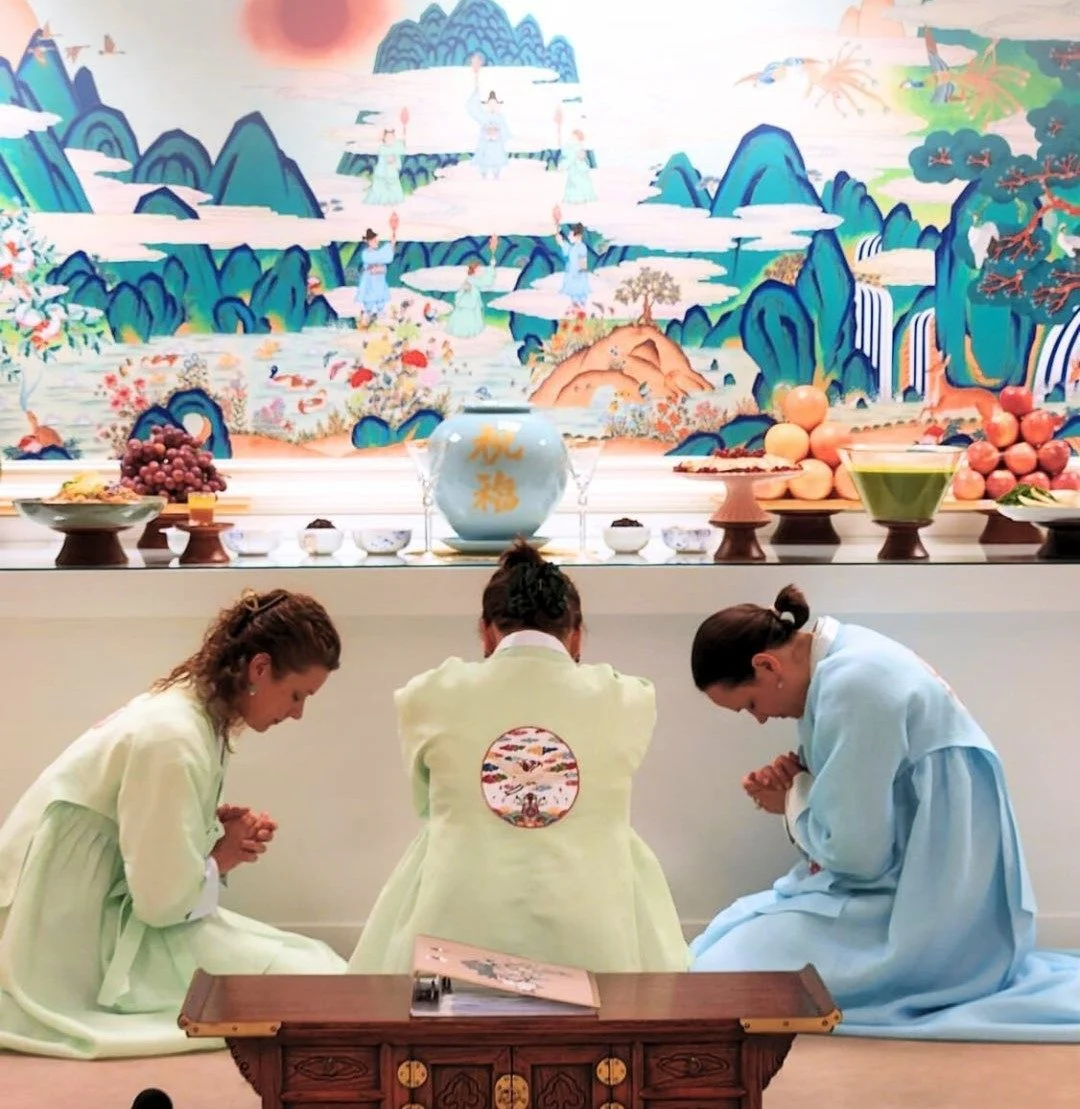
Could the reason for your irrational anxiety, depression or chronic fatigue lie not in your life, but in the traumas experienced by your great-great-grandparents? Once dismissed as pseudoscience, the field of ancestral healing has moved beyond the fringe and is trending on social media, such as on the Instagram account @sacredancestry, which has 165,000 followers. It is also gaining mainstream traction, thanks in part to the science of epigenetics – the study of how environmental influences, such as stress and trauma, leave molecular marks on our genome, potentially influencing the health of future generations. This can manifest physically, as shown in a landmark 2015 study led by Dr Rachel Yehuda. The study found epigenetic changes in a stress-related gene, FKBP5, in Holocaust survivors and their offspring, suggesting that extreme stress could alter the body’s stress-response system and that these alterations could be passed down from parents to their children. Other research has considered how this type of intergenerational stress could be addressed. A 2021 study, Epigenetics of Stress and Stress Management, published in the journal Neuroscience & Biobehavioral Reviews, highlighted growing evidence that stressful life events could physically alter the way our genes function – like flipping a switch on our DNA. This genetic change was long-lasting and was linked to chronic diseases and mental health conditions. This underscores the extent to which practising stress management is powerful enough to influence our genes, helping to reverse the negative effects that stress leaves on our DNA. Meditation, mindfulness, yoga, tai chi and breathwork are methods that can help achieve this. While epigenetics offers a biological explanation for intergenerational trauma, ancestral healing – often framed as a psychological or ritualistic practice – aims to resolve it. Emilie Weston, an energy healer of 25 years, is the principal practitioner at the flagship of Sun Kyeong, a wellness centre in London that is based on South Korean energy practices. She believes ancestral healing addresses inherited “energy” to improve well-being. As an 18-year-old, Weston developed chronic fatigue and was unable to walk, eventually being diagnosed with myalgic encephalomyelitis (ME), for which there is no established long-term cure. Weston “tried everything”, and her symptoms fluctuated for four years. Only after discovering the Sun Kyeong practice and undergoing an ancestral healing ceremony did her symptoms finally recede. After the first session, she felt “immediately lighter and brighter”. She makes a comparison to old houses that retain the atmosphere or energy of previous residents. “Some ancestors didn’t overcome their strong emotions or traumas. Their energy doesn’t disappear, but can manifest as emotions or patterns in our own lives.” Why was she affected by this energy at the age of 18, and not before? Weston believes that we are always connected to the energy of our ancestors, but energy patterns can manifest at certain points in life: when our own energy is depleted, during major life transitions, “or from an internal readiness to confront and heal the past”. View this post on Instagram A post shared by Sun Kyeong London (@sunkyeonglondon) One of her clients, UK-based Harpreet Sandhu, had an experience similar to hers. “In 2017, when I was 35 … I was suffering a lot of stress at work and had a difficult break-up. Diagnosed with ME that lasted years, I tried everything,” Sandhu says. After he experienced ancestral healing methods, his health improved. Designed to respect ancestors and raise the energy of the whole family, ancestral healing at Sun Kyeong consists of a weekly ceremony and chanting, meditation and movement classes over three weeks. A ceremony is a display of gratitude and unfolds in a room where ancestors are offered flowers and food. A trained practitioner guides the ritual, which is designed to help participants acknowledge and release emotional and psychological patterns believed to be carried through generations. After training in South Korea and helping clients for over two decades, Weston believes in the importance of considering our ancestors to be as real as we are. “We are intrinsically linked to our ancestors’ energy,” she says, pointing out how it is not uncommon that major events in people’s lives, both good and bad, can have a similarity to events in their ancestors’ lives. “In many cultures, especially in the East, it is common to offer ceremonies to ancestors after their passing and on special days to help them heal, and by doing so, help ourselves reach freedom from their physical, mental and emotional patterns.” The idea of honouring family is not new to the region: ancestor veneration and filial piety are cornerstones of Chinese culture. Yet, many clients of Hong Kong-based holistic medicine practitioner Judy Xu, founder of Balance Health, arrive feeling emotionally stuck, often burdened by an inescapable inner critic. “Despite their success, this voice whispers they are not good enough, or that they are impostors waiting to be found out,” Xu says. “At first glance, these patterns appear personal. But in my work, they often reveal themselves to be inherited, woven through generations.” Xu tells the story of a highly self-critical executive she worked with, who traced her self-critical patterns back through her family. Her mother, a “tiger mum”, held impossibly high standards and judged herself just as harshly. Her grandmother, too, had carried the wound of inadequacy, never feeling she measured up. This voice of judgment had been passed down the maternal line for generations. The healing process unfolded over 18 sessions. “On the conscious plane, we worked to shift beliefs and cultivate a more compassionate inner voice. On the subconscious plane, we engaged inner child healing to soothe the wounds of her childhood. Most powerfully, we worked on the ancestral level – releasing the inherited energetic imprints of judgment and self-criticism that lived in her family line,” says Xu. The client began to experience herself not through the voice of her ancestors’ pain, but through compassion for herself and for the women who came before her. “As a mother of young daughters, this was a turning point.” With tears in her eyes, the client told Xu how grateful she felt to end this pattern, which would not be passed on to her daughters. Her clients’ issues are often buried deep in the subconscious, Xu says, repeating generation after generation until someone is ready to heal them at the root. Xu’s practice integrates dream analysis and deep hypnosis to bring hidden patterns to light, but on the ancestral level, she also uses ritual and shamanic-inspired practices to clear inherited patterns. Xu has seen a “significant shift” in people’s attitude towards ancestral healing. Many of her clients have already tried traditional counselling or coaching, which helped them cope, but often did not resolve the deeper issues. “People are increasingly aware that the conscious mind alone cannot untangle problems rooted in the subconscious or inherited family patterns,” she says, adding they want to understand and heal the deeper layers of their being. To seek wholeness, “they are willing to engage with spirituality, subconscious work and ancestral healing in ways that once felt fringe”. Like what you read? Follow SCMP Lifestyle on Facebook, X and Instagram. You can also sign up for our eNewsletter here.
